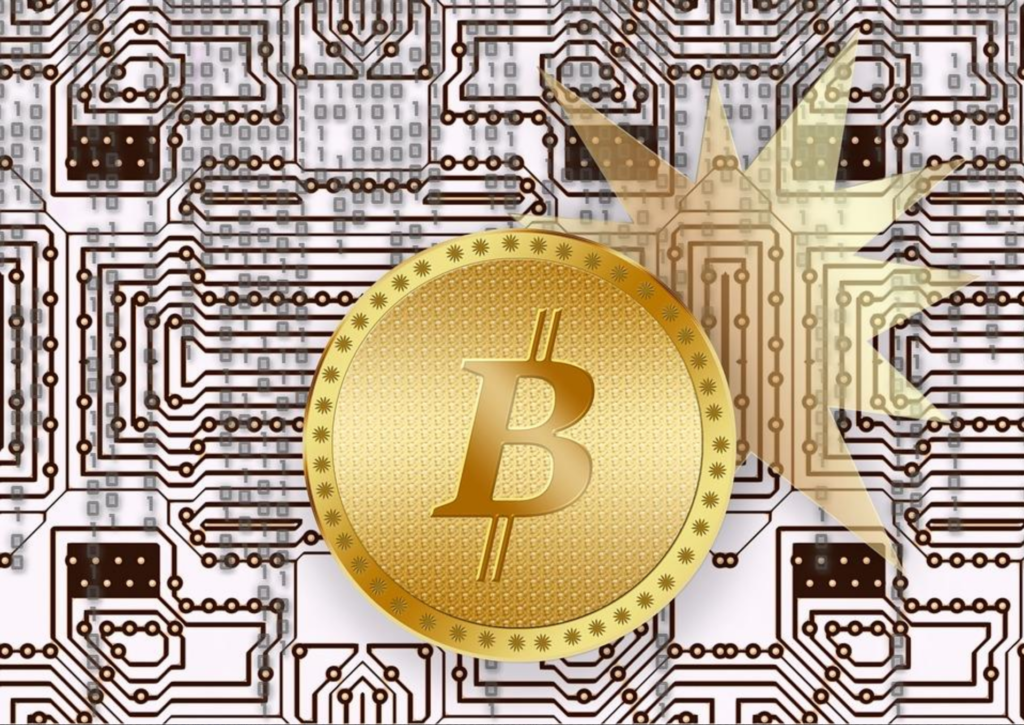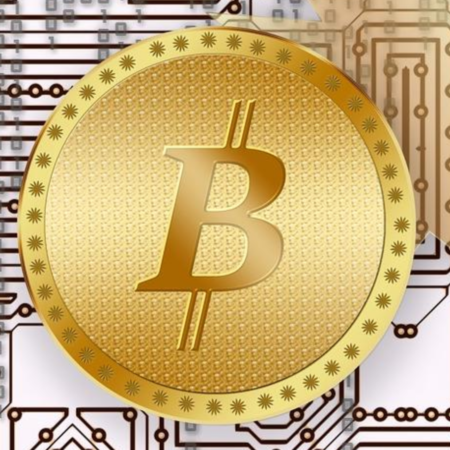
If you aren’t familiar with the name Tim Draper, he’s an American venture capitalist believed to be worth over $1 billion. Like anyone who’s gained that amount of wealth through investment, he has a somewhat strange history, including involvement in Hotmail, family stock in Skype, and more recently even a stake in Theranos, the blood-testing firm that was brought down and charged with massive fraud by the SEC. Draper’s Wikipedia page even says he “invented viral marketing,” though that’s a difficult claim to substantiate.
Lately however, Draper has been most famous for his involvement with bitcoin. Back in 2014 he purchased an absolutely massive amount of the cryptocurrency when it was worth less than $7 during a U.S. Marshals’ auction following Silk Road seizures. We don’t know exactly how much bitcoin he owns or if he sold any off specifically during the late-2017 spike (when it would have been awfully tempting to do so). What we do know however is that Draper remains extraordinarily bullish on bitcoin’s future. He’s adamantly predicting a $250,000 price by 2022.
A lot of bitcoin proponents make these kinds of predictions in very technical terms, or citing extreme hypotheticals. In Draper’s case however, he seems to be primarily counting on utility. While he does mention the ongoing struggles between cryptocurrency and banking systems as a factor, he also compares the world before blockchain to “tribes” and says that bitcoin opens up the world through decentralization. That sounds an awful lot like he’s simply confident people will start using bitcoin as currency, which is something some other investors seem to have stopped talking about altogether.
So – is he right? If we could answer that we’d position ourselves to be billionaires also by 2022. No one knows if Draper is right, including Draper himself. However, if he’s correct in the implied hypothesis that bitcoin will grow through usage, these would figure to be a few areas to watch.
Online Shopping Markets
The biggest potential boon for bitcoin or any cryptocurrency is more acceptance in online shopping markets. It’s something that has been discussed with regard to Alibaba and Amazon alike, though there seems to be growing sentiment that both companies may be closer to producing their own digital currencies than accepting others. And at different points in its short history bitcoin has actually been experimented with by some fairly significant online retailers – most notably Target and Overstock. But if usage is going to increase in any way that sets the stage for a $250,000 price in just four more years, it stands to reason online shopping will have to be part of the story.
Online Gaming Markets
This is a big category that may have a more serious impact than one imagines. Firstly, console and downloadable online games can and have worked with bitcoin, both through Steam (which no longer accepts bitcoin) and Microsoft (which does). Additionally however, there’s a whole category of casino games that inherently require digital financial deposits. Currently, the majority either use direct credit card transactions or payment processors. PayPal is probably the most popular of them. One Irish games site calls Skrill But others are eschewing these payment processors and opting for bitcoin. There’s clear potential for further adoption in all of these areas, such that gaming, too, could become a major area for bitcoin utility, boosting a surge in the coming years.
Point-of-Sale Convenience
Online shopping and gaming are perhaps the clearest areas in which bitcoin already has a foundation and can become a major basis for financial transactions. If we’re to look at the biggest space in which bitcoin has largely failed to gain a foothold however, it may just be point-of-sale convenience at in-person, brick-and-mortar stores. While there are occasional exceptions and stores that experiment with accepting bitcoin via mobile transactions, it’s fair to say most of us have never used bitcoin to make an in-person purchase. Should this change in the coming years, either by way of a more user-friendly system that becomes universal, or simply increasing consumer comfort, it could mean a lot more bitcoin adoption, and added value.
Food Delivery
This is a space we don’t talk about as much, and yet it’s an interesting one to consider regarding bitcoin. Subway began accepting bitcoin well over a year ago, and while there’s been no domino effect among other popular eateries, it does prove that this is something that can be implemented. Factor in also that we’re heading toward a future in which we use delivery more frequently (consider Uber Eats and similar services, as well as cook-it-yourself companies like Blue Apron), and paying digitally for food is going to be more and more common. This could conceivably become an everyday practice for which people use bitcoin.




